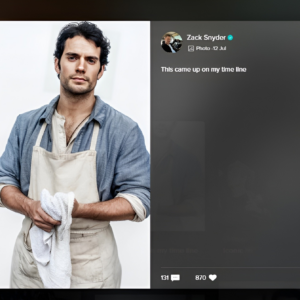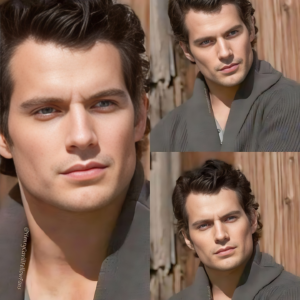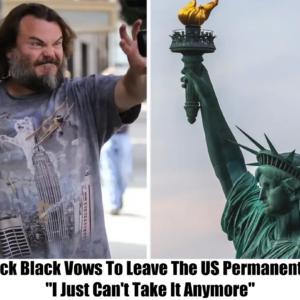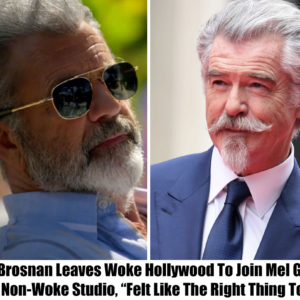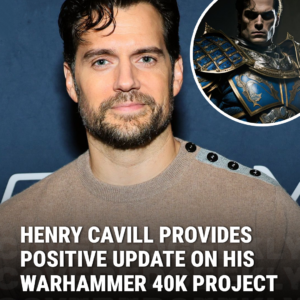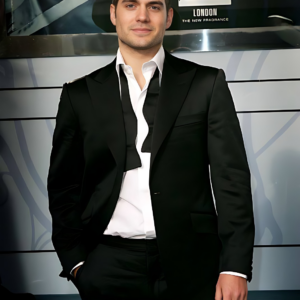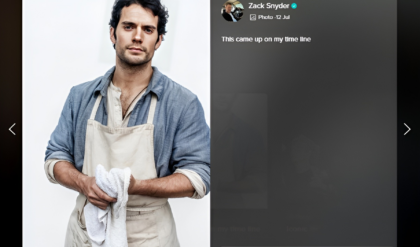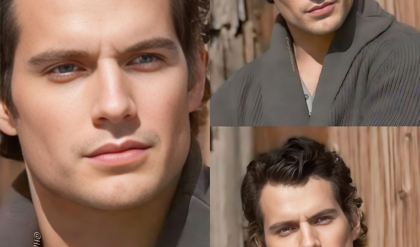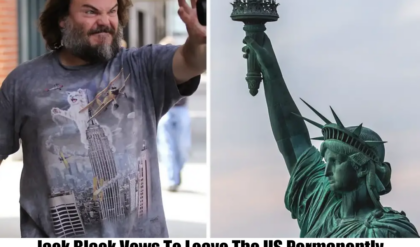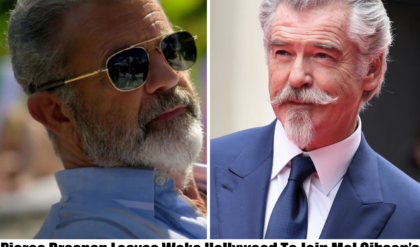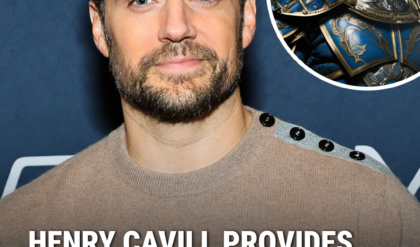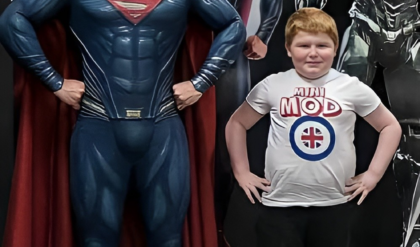:max_bytes(150000):strip_icc()/Whoopi-Goldberg-101923-6bd0018d28ba4da1a24d99e324d515ab.jpg)
Heated Confrontation Over ‘Woke’ Comment Sparks Debate
:max_bytes(150000):strip_icc()/Guy-Fieri-Tinfoil-Swans-XL-BLOG0623-2043ae4ca171493f960dea667fb46113.jpg)
In a heated confrontation, tensions flared when a restaurant patron was abruptly told, “Your woke self isn’t welcome here.” The comment, delivered by the establishment’s manager, quickly escalated the situation, causing the patron to leave in frustration. Witnesses to the exchange were left in shock, sparking a flurry of social media reactions and debates about inclusivity and respect in public spaces. The incident has since become a focal point for discussions on how differing views on social and political issues are handled in everyday interactions.
As the story gained traction online, it highlighted the growing divide in societal perspectives, with opinions split between supporting the manager’s right to refuse service based on personal beliefs and condemning the act as discriminatory and unprofessional. This confrontation serves as a reminder of the complexities involved in navigating public discourse in today’s polarized climate.
Speaking on a podcast, Goldberg, an LGBTQ ally, confirmed she’s straight, but has frequently been asked whether she’s a lesbian.
 Whoopi Goldberg, Photo: The View/ABC, via YouTube.
Whoopi Goldberg, Photo: The View/ABC, via YouTube.
Whoopi Goldberg, a longtime ally of the LGBTQ community, “came out” as straight during an interview on Raven-Symoné and Miranda Pearman-Maday’s podcast, The Best Podcast Ever With Raven and Miranda.
During the interview, Symoné, Goldberg’s former co-host of The View, asked the Emmy, Grammy, Oscar, and Tony-Award winning actress about her sexual orientation.
“I wanna just dig into your business a little bit.” Symoné said on air. “Sometimes, Whoops, you give me lesbian vibes. You give me, like, stud vibes,” reports Insider.
Goldberg, who has been married three separate times and has dated a number of high-profile men in the theater and cinema world, has previously portrayed lesbian or same-gender-loving characters, most notably in the movies The Color Purple and Boys on the Side.
“Women have been asking me this for as long as I’ve been around,” Goldberg responded. “I am not a lesbian, but I know lots of them, and I’ve played them on television. I have always had lesbian friends because they’re just my friends. I’m not gonna kiss you, but I’ll kiss you over here, I’ll do this but I’m not going to do this. And they’re like, ‘OK!’”
Like many LGBTQ-supportive actors faced with similar inquiries, Goldberg used the opportunity to share a wider message of acceptance and tolerance.
On the topics of drag bans and gay marriage, Goldberg said that “No one is forcing anyone to go and participate” in either activity.
She continued: “You don’t dig drag queens? Then don’t go to a drag show! You don’t like gay marriage? Don’t go to a gay wedding! Get out of my face, because I do like it.”
“God created us in duality,” Goldberg continued. “We’re both. God does not make mistakes. You know, when people say ‘Oh, you know, it’s this or it’s that,’ it isn’t this or that: It just is.”
“There is something beautiful about a woman being able to embrace their masculine and feminine at the same time and wear it so well, like you do,” Symoné responded. “It’s fantastic. You’re not either one or the other, you’re just a human living in your body, and it doesn’t really correlate to sexual orientation or any of that — it’s just the way you present.”
While Goldberg’s exchange with Symoné was a conversation between friends and former colleagues, Abbott Elementary actor Tyler James Williams pointed out the danger of questions like Symoné’s when he acknowledged that he was straight back in June.
“I think the culture of trying to ‘find’ some kind of hidden trait or behavior that a closeted person ‘let slip’ is very dangerous,” Williams said at the time.
He added that the near-incessant need to unearth the details of a celebrity’s sexuality “may seem like harmless fun.” But he also noted that “overanalyzing someone’s behavior in an attempt to ‘catch’ them directly contributes to the anxiety a lot of queer and queer-questioning people feel when they fear living in their truth.”
“It makes the most pedestrian of conversations and interactions in spaces feel less safe for our gay brothers and sisters and those who may be questioning,” he concluded.
News
Zack Snyder Shows Off New Henry Cavill Image From ‘Man of Steel’ – S
Zack making sure fans don’t forget about his DCEU. On Friday, Zack Snyder again took to the Vero app to show off his DCEU, this time with Henry Cavill as Clark Kent from Man of Steel. “This came up on my…
Goodbye DC and Superman, Henry Cavill reveals his favorite role if he joins MCU – S
Henry Cavill has expressed his favorite role if he has the opportunity to collaborate with Marvel Studios. Henry Cavill has officially said goodbye to the role of Superman after the DCEU ended at the end of 2023 to open the…
Breaking: Jack Black Vows To Leave The US Permanently, “I Just Can’t Take It Anymore” – S
In a stunning turn of events, beloved actor and musician Jack Black has announced his departure from the United States, citing a lack of respect as the primary reason for his decision. The star, known for his infectious energy and…
Pierce Brosnan Leaves Woke Hollywood To Join Mel Gibson’s New Non-Woke Studio, “Felt Like The Right Thing To Do” – S
In a surprising turn of events, Pierce Brosnan has announced that he will be joining forces with Mel Gibson in a bold new venture. Gibson’s latest project, a non-woke production studio, aims to create content that diverges from the mainstream…
Henry Cavill reveals his ‘Warhammer 40k’ project is ‘progressing very well’ – S
Henry Cavill has provided a brief but promising update on his upcoming Warhammer 40,000 project. Since Henry Cavill’s controversial departure from the DCU, he has been attached to several highly ambitious projects. One of them is the live-action adaptation of the beloved miniature…
‘Warhammer 40k’ Trolls Are Projecting Their Bigotry on Henry Cavill – S
One of Henry Cavill’s biggest upcoming projects is an undisclosed role in Amazon’s Warhammer 40k TV show adaptation. However, rumor has it that the actor may have left the production. Shortly after announcing his departure from The Witcher and the DCU, Cavill revealed that…
End of content
No more pages to load
